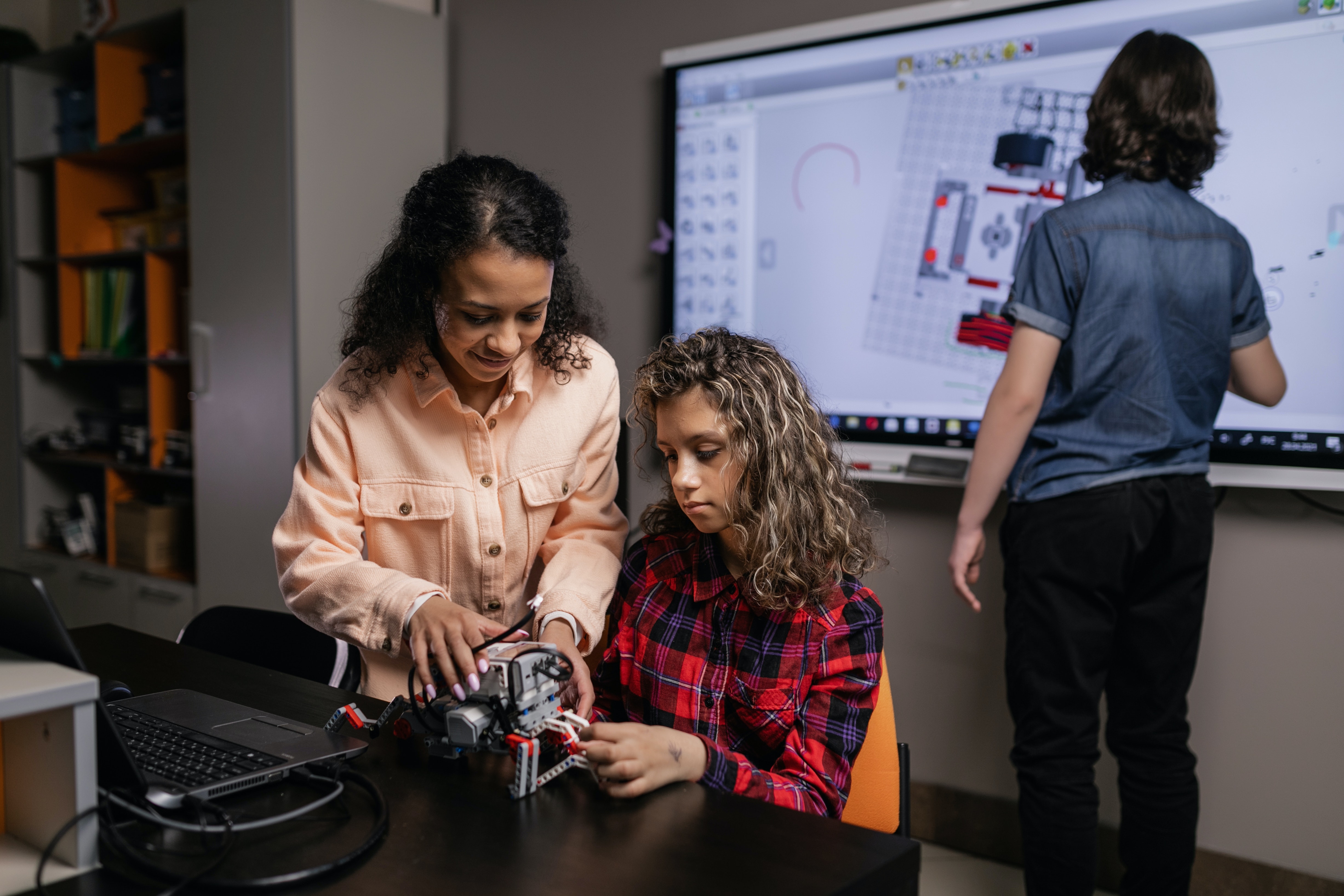
As she reflects on her journey as a first-generation student and her subsequent transition to higher education, Prof. Cathie English's path followed 22 years of dedicated service in a secondary English Language Arts (ELA) classroom. The narrative sheds light on the challenges encountered by first-generation students and delves into the intricate web of navigating higher education, revealing the profound influence it exerts on both one's career trajectory and scholarly pursuits. Celebrating her 31st year of teaching, with the past decade dedicated to higher education, her narrative intertwines with the promotion of scholarly insights by IGI Global, a pioneer in swift and pertinent knowledge dissemination. The book,
Teacher Reflections on Transitioning From K-12 to Higher Education Classrooms (ISBN: 9781668434604) encapsulates her rich experiences and aligns with IGI Global's mission to foster global knowledge sharing that shapes the future of research.
Preview "A Forever Student Navigating Higher Education: Reflections of a First Generation Scholar"
HERE.
Prof. Kathy English Answers Our Questions
How does your professional background support your ability to be an authority on this book's coverage?
Prof. English: I am a first-generation and a non-traditional student who delayed her education until 27. I completed my Ph.D. at 51. My first-generation status and poverty affected how I was able to complete all my degrees.
What was the driving force or motivation for starting your chapter?
Prof. English: The driving force was the call for manuscripts for those in higher education who had transitioned from K-12 teaching. I was a former secondary English teacher, and the process to make the transition was a profound one. It took me 13 years to complete two graduate degrees and then a tremendous amount of time to prepare materials to go on the job market while still teaching secondary English.
What specific problems does your chapter address?
Prof. English: My chapter focuses upon people in education who mentored me along the way, from my high school, undergraduate degrees, and graduate degrees and how being a first-generation student made navigating higher education quite difficult. If not for the mentors along the way, I’m not certain I would have gotten to higher education.
How does your chapter provide a solution to these problems?
Prof. English: I offer the solution of various means to keep first generation, non-traditional students in higher education, that is, as undergraduate and graduate students and as faculty. Higher education needs more first-generation faculty who can empathize with other first-generation students, but also needs to train faculty and staff about the unique challenges first generation students face. Many faculty in higher education come from privileged backgrounds and have no idea.
What special organizations, or other professional affiliations give you experience in the areas covered by this book?
Prof. English: My experiences with the National Writing Project, specifically, has shaped my understanding of the experiences of addressing the needs of first-generation students. I’m also informed by policies of the National Council of Teachers of English (NCTE).
Have you been recognized for academic excellence or other related achievements in this field of study?
Prof. English: The most important award I’ve received in recognition of my work in higher education is the Missouri State University Board of Governors Faculty Excellence in Public Affairs Award.
About IGI Global – Publishing Tomorrow’s Research Today
Founded in 1988 and headquartered in Hershey, Pennsylvania, USA with a subsidiary office (IGI Science and Technology, Ltd.) operating out of Beijing, China, IGI Global is a leading medium-sized independent international academic publisher of cutting-edge, high-quality, peer-reviewed scholarly reference publications in the three major academic subject areas of
Business & Management,
Scientific, Technical, & Medical (STM), and
Education. With a commitment to facilitating the discovery of pioneering scientific research, this publishing house has empowered over 200,000+ expert researchers from leading institutions globally to bring advanced research books from conceptualization to completion in an impressive 6-9 months from proposal acceptance to publication. IGI Global journal articles have a rapid turnaround, on average taking 2-4 weeks, and are then added to a significant portfolio of nearly 200 journals within IGI Global’s Open Access Journal Program. Through traditional and open access publishing workflows, this unique proprietary process makes
tomorrow’s research, which enhances and expands the body of knowledge, available to the research community
today.
Learn more about IGI Global
here.